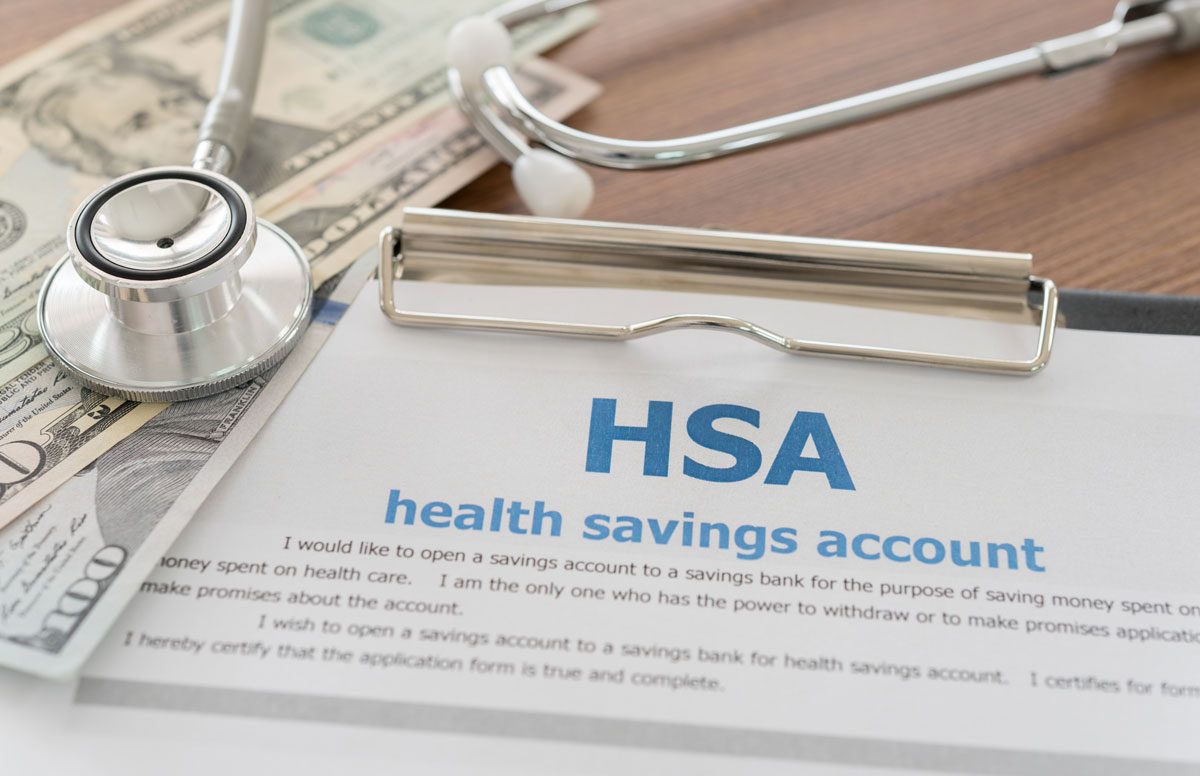Health savings accounts (HSA’s) have grown in popularity in recent years as healthcare costs have continued to increase. They allow you to put money away and withdraw it pre-tax to use for qualified medical purposes. Banks and other financial institutions offer this account to those who have eligible healthcare plans, usually known as high-deductible health plans, where you might have lower monthly premiums but high deductibles and out-of-pocket expenses. The money you contribute to an HSA can even accrue interest or investment returns without being taxed, making it a triple-tax advantage.
The key here is that the money must be used for qualified medical purposes, such as doctors visits, ambulance costs, mental health therapy, prescription drugs and more. If you make a withdrawal from your HSA for a non-qualified medical purpose, you’ll have to pay a 20% penalty PLUS taxes. Unless you are 65 and older, in which case you can withdraw anytime without a penalty but it will still be subject to taxation if it is not a qualified medical expense.
So where have scammers come in? Well with a plan that seems almost too good to be true, many healthcare cost burdened people jumped onboard quickly, sometimes without fully researching all the stipulations – and scammers have taken advantage of this oversight. As questionable tax advice abounds on social media, some unscrupulous characters started claiming that you could write off all kinds of things as medical expenses and use your HSA funds to buy, as long as you have a qualified doctor’s note which they would be happy to provide you for a fee.
An example the IRS provided in their recent warnings on the issue involved a diabetic person who decided to start eating lower-carbohydrate food to better control his blood sugar. A fraudulent company would let him know that they can provide documentation that he can give to his insurance company to write off his food expenses as eligible medical costs. After paying for this documentation, his insurance company rejects it as food is not considered an eligible medical cost. This can happen for wellness practices like retreats and alternative medical treatments as well as general weight loss or fitness.
Unfortunately, social media and the online world is full of bad tax advice, and sometimes even scamming and phishing. Your HSA provider will always have a list of what constitutes a qualified medical expense that you can reference before any purchase or medical treatment. Also, take the extra precaution to speak to both your healthcare provider and the financial institution issuing your HSA if you are unsure, before utilizing a third-party service. The IRS has had to issue reminders and warnings recently that personal expenses for general health and wellness are not considered medical expenses under tax law. HSAs as well as FSAs, MSAs and MRAS can be great options for tax advantages in healthcare costs as long as you use them correctly and find the optimal one for your needs. If you have any questions regarding tax planning around healthcare, a member of our team would be happy to speak with you! Contact us today.

Stay In Touch